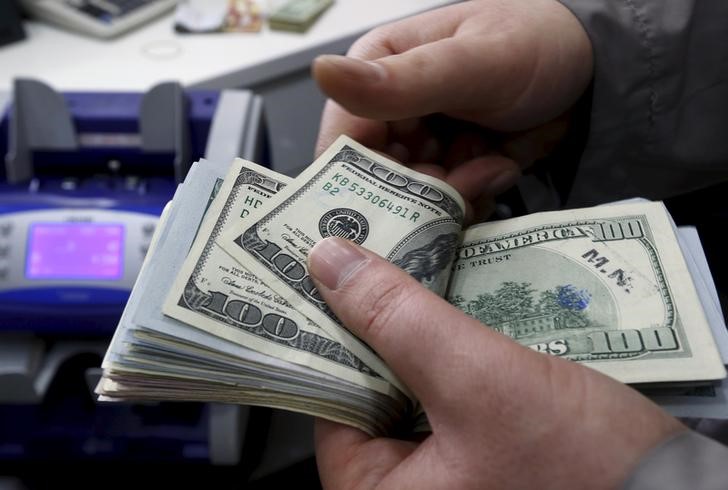The US dollar crisis in Bangladesh has intensified as the open market rate soared to Tk128 per dollar Today, a sharp increase from the rate earlier in the week. Despite the Bangladesh Bank’s (BB) stringent directives and warnings of harsh penalties for non-compliance, banks and money changers continue to bypass BB’s fixed exchange rates, leading to a surge in illegal currency trading.
On Wednesday, the dollar was already trading significantly above the central bank’s set rates, fetching Tk124 in the open market compared to the BB’s buying and selling rates of Tk113.75 and Tk115.25, respectively. The gap between official and actual market rates has widened, with reports of illegal transactions occurring in busy commercial areas like Motijheel, Dilkusha, Paltan, and Fakirapool.
BB spokesperson Mezbaul Haque confirmed that BB had issued warnings and threatened severe punishment for financial institutions that disregarded the official rates. However, these measures have not deterred black market activities, as confirmed by Heller Sikder from the Money Changers Association of Bangladesh. Customers have been left with no choice but to turn to unauthorized dealers who demand exorbitant rates due to the scarcity of dollars at legal exchange points.
This financial turmoil comes amidst aviation news where Jin Air, an affiliate of Korean Air group, has shown interest in establishing regular direct flights between Bangladesh and South Korea. This move follows Jin Air’s successful operation of 121 direct chartered flights over three years between Dhaka and Incheon. The airline’s commitment to maintain fair pricing for Bangladeshi expatriate workers even with higher operational costs highlights its dedication to serving the Bangladesh-South Korea route.
The escalating dollar price in Bangladesh’s open market poses a significant challenge to the country’s financial stability. Authorities are under pressure to curb illegal trading practices and align market operations with official guidelines to prevent further economic strain.
This article was generated with the support of AI and reviewed by an editor. For more information see our T&C.
Read the full article here
